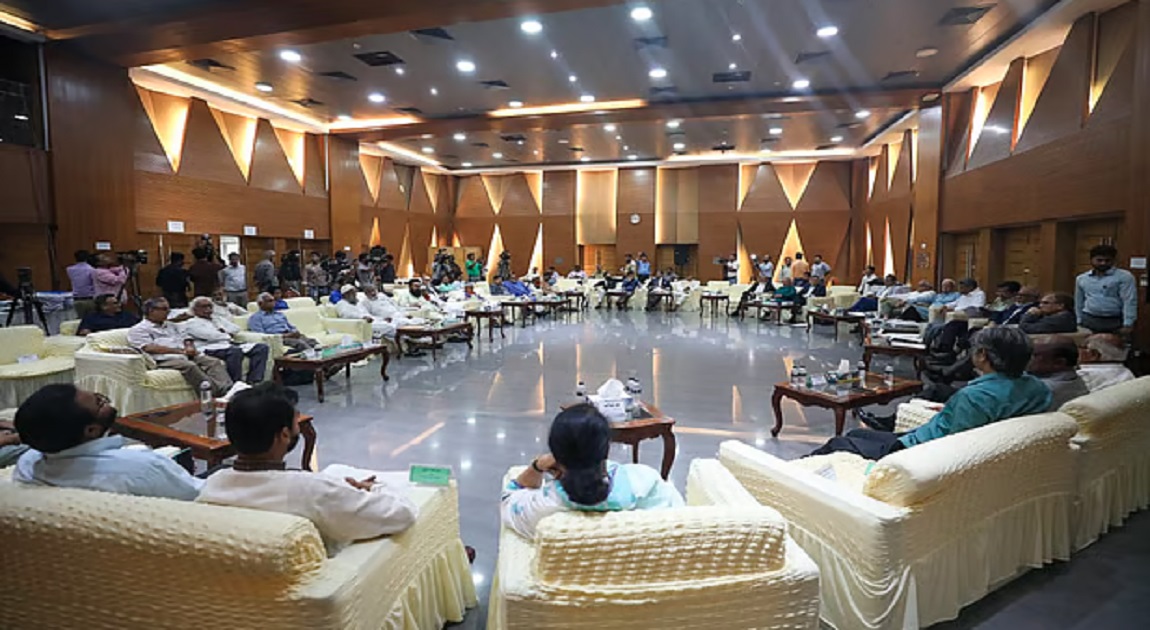The National Consensus Commission is set to deliver a draft charter to all political parties on Thursday, announced Commission Vice-Chair Professor Ali Riaz.
Speaking ahead of the 22nd round of talks held at the Foreign Service Academy in Dhaka on Wednesday afternoon, Riaz said that a list of agreements reached so far would be circulated to the parties later today.
“We expect to present a comprehensive and acceptable draft charter to all parties tomorrow,” he stated. The session marked the second phase of the ongoing discussions aimed at forging national consensus on key constitutional and governance reforms.
Riaz called on political parties to maintain their collaborative approach to accelerate the negotiation process.
“The responsibility entrusted to us is significant, especially in reaching decisions on critical matters. We are trying to build consensus quickly and keep all stakeholders informed accordingly,” he added.
He noted notable progress in discussions on women`s representation in Parliament, and said a written draft on this topic will be shared with participating parties.
On fundamental rights, Riaz said that all parties have reached a general agreement on expanding citizens’ rights. However, differences remain over the nature of potential constitutional amendments.
He added that proposals and objections submitted by the BNP have been clearly conveyed to the commission and are playing an important role in shaping the discussions.
Although proposals regarding the powers and responsibilities of the President are still being prepared, Riaz expressed hope that consensus on other key issues will be reached soon.
Wednesday’s session focused on seven key agenda items, which were displayed on screen at the start of the meeting. These included women’s representation in Parliament; the appointment mechanisms for constitutional bodies such as the Public Service Commission, Anti-Corruption Commission, Comptroller and Auditor General, and Ombudsman; the powers and responsibilities of the President under Article 48(3); the procedure for electing the President and the structure of an electoral college; the formation and authority of a second legislative chamber; proposals aimed at expanding citizens’ fundamental rights; and the guiding principles of the state.
The Commission continues its dialogue with political parties to resolve unresolved issues and build consensus on major constitutional reforms.

















-20260221022942.jpg)
-20260221022827.webp)















